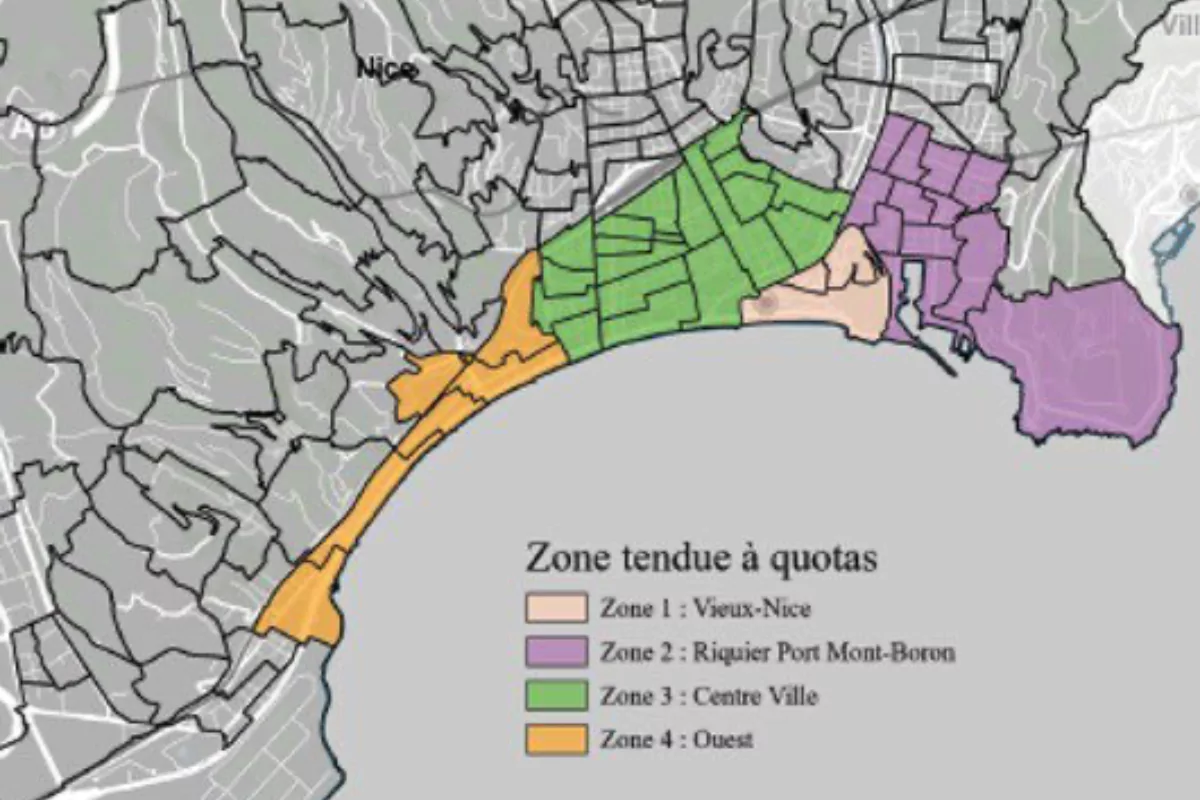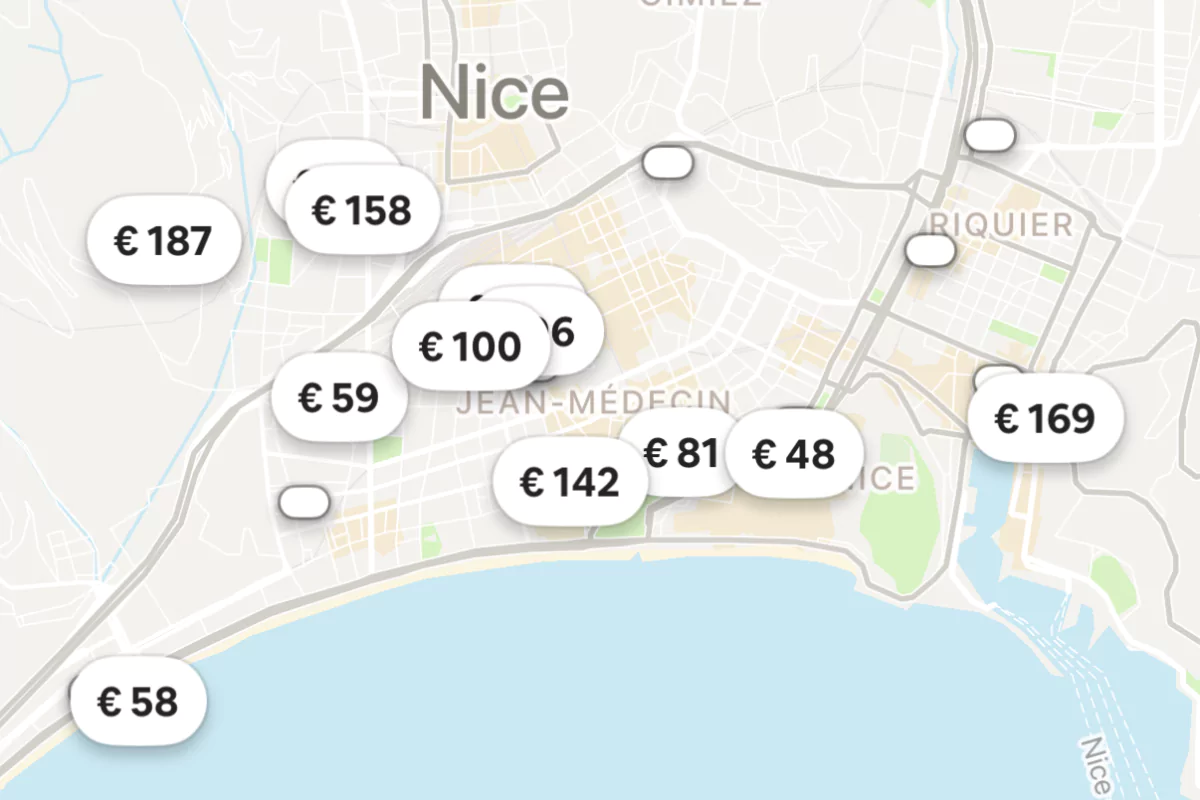Nice Mayor Christian Estrosi has unveiled sweeping new regulations aimed at controlling the increase of short-term tourist rentals, targeting platforms such as Airbnb in a bold move meant to protect residents’ access to housing in the tourist hotspot.
“I will not allow the people of Nice to be prevented from living in Nice! The neighbourhoods of Les Musiciens, Vieux-Nice, or the Promenade des Anglais will not be handed over to investors alone,” declared Estrosi on his official social media account.
The statistics paint a concerning picture for locals, with Nice currently hosting approximately 13,600 short-term rental listings, representing 6% of the city’s housing stocks – twice the rate of much larger cities like Marseille or Paris, which stand at 3%.
Four key sectors of the city, according to the mayor, have been identified as most severely impacted, with 70% of their housing units now owned by professional investors rather than individual homeowners. These include Vieux Nice, the area from Riquier to the port and Mont Boron, the city centre and the western area around Promenade des Anglais. These neighbourhoods have experienced a 7% population decline.

The comprehensive plan, set to be submitted for approval at the municipality council meeting in mid-May includes: introduction of quotas in the most affected neighbourhoods, with temporary authorisations limited to 50%, an annual quota of between 600-700 authorisations across all sectors, reduction in the duration of temporary authorisations – from six years to three years, and a decrease in the maximum number of days a primary residence can be rented out as a furnished tourist accommodation, from 120 days per year to 90 days.
Additional regulations will include mandatory energy performance diagnostics, signed declarations, compensation principles and a mixed rentals program allowing properties to be rented to students for nine months and tourists for three summer months – a scheme that will now become permanent.
Time frames and reactions
The major outlined a two-phase implementation plan: by mid-may 2025, a proposal will be presented to the municipal council to lower the threshold for primary residence rentals to 90 days, followed by stricter regulations, prepared jointly by the City and the Metropolitan area, by autumn 2025.
Enforcement will be handled by a dedicated team of seven sworn agents from the Housing Protection Mission, empowered to implement increased sanctions up to €100,000 (up from €50,000), with penalties issued by the judicial court. The city now also has authority to issue administrative fines directly.

According to Nice Matin, when questioned about whether seven agents would be sufficient for monitoring nearly 14,000 properties, Estrosi responded,”We will recruit more, if necessary, but I would like to think that people increasingly want to respect the law today.”
However, ecological municipal councillor Juliette Chesnel-Le Roux expressed concerns about enforcement capacity in comments to Le Figaro, saying,”Finally, some aggressive announcements. However, there will be a shortage in terms of controls—seven agents for 15,000 accommodations, we won’t be able to manage. They should be able to find additional agents…”
These new measures position Nice at the forefront of French cities attempting to address the challenges posed by the explosive growth of short-term rental platforms, seeking to achieve a balance between tourism interests and the needs of local residents.
Monaco Life is produced by a team of real multi-media journalists writing original content. See more in our free newsletter, follow our Podcasts on Spotify, and check us out on Facebook, Instagram, LinkedIn and Tik Tok.
Main photo source: Ville de Nice
